Nature reports
Category: Climate
Page 9 of 12 - 113 Results

On March 20, people across the planet will celebrate the first annual #WorldRewildingDay, raising awareness of rewilding and the need to recover nature...
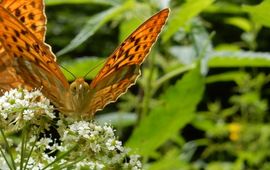
Climate change affects biodiversity globally, by forcing species to shift their distribution to track the warming environment. In an article published today in the journal Ecology Letters, an international team of scientists shows..
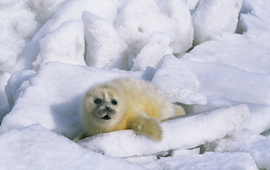
The water levels of the Caspian Sea will be 9 to 18 meters lower than they are now, German and Dutch researchers calculate. In the Nature-journal Communications Earth & Environment they urge the world to act...
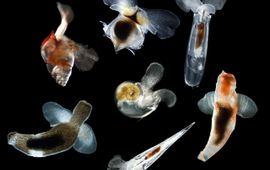
Pteropods, abundant aragonitic calcifying plankton, are the equivalent of 'canaries in the coal mine' for our acidifying oceans. Researchers have shown that two major groups of pteropods have Cretaceous origins and hence, must..
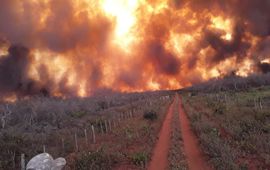
They were all over the news in August and September: the massive forest fires in South America. Thousands of hectares burned down and many precious natural areas were destroyed. In this disastrous and dangerous environment,..
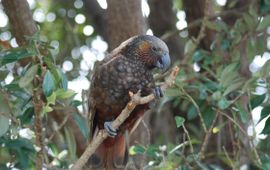
The arrival of humans in New Zealand, some 700 years ago, triggered a wave of extinction among native bird species. Many more species are currently under threat. Calculations by scientists show that it would take at least 50..
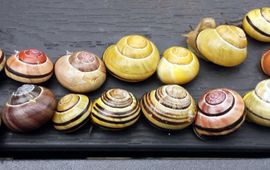
Professor Menno Schilthuizen, author of 'Darwin in the city', and Naturalis researcher Niels Kerstes cooperated with Vincent Kalkman and Thijmen Breeschoten on research into how urban temperatures have impacted the evolution of..
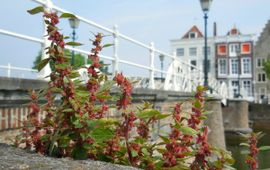
Climate change affects our health. The consequences that climate change can have on our health, for instance heat stress, allergies, diseases, air quality and UV-radiation, have hitherto never been documented this extensively: as..
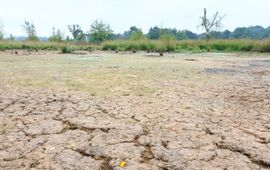
The soil plays an important role in determining the climate adaptability of plants. A soil that has favourable growing conditions, strengthens plant resilience against heat and drought, but a soil with adverse conditions is..
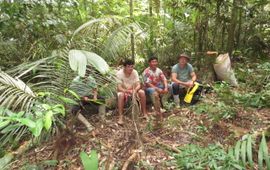
Deforestation is currently the major threat to Amazonian tree species. But according to the outcome of research by – among others – Hans ter Steege of Naturalis Biodiversity Center, climate change may surpass it in just a few..
